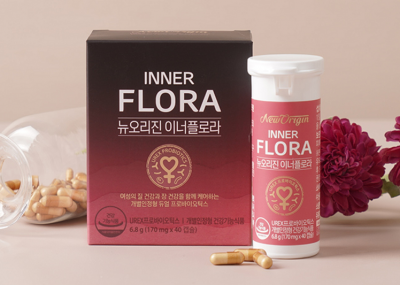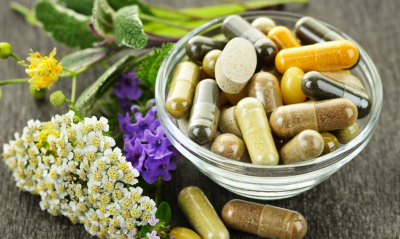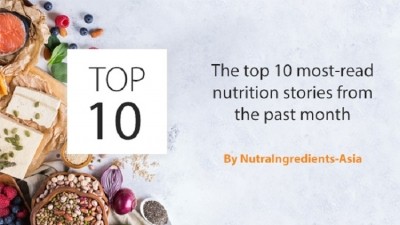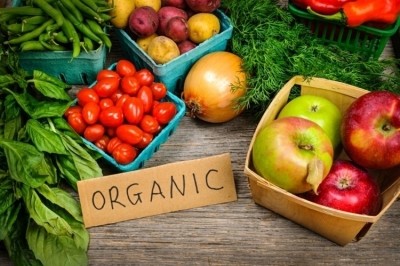Regulatory round-up: Kava, celebrity endorsement, and South Korea updates

Kava regulatory review: Changes in ANZ labelling ‘unreasonable and unnecessary’ – Fiji Kava
Changing the labelling requirements on kava would place “unreasonable and unnecessary” burden on companies, but authorities could do with post-market surveillance, Fiji Kava said in response to the ongoing regulatory debate on kava in the Oceania.
Some of the areas that the regulator, in this case, The Food Safety Australia New Zealand (FSANZ) is considering to either reaffirm or amend or repeal, are the labelling requirements for permitted kava foods.
The FSANZ had called for public comment to either reaffirm the proposal, amend or repeal the proposal, which one of the industry players, Fiji Kava, has responded.
Promoting homegrown botanicals: Korea’s MFDS plans to include local liquorice variety in pharmacopeia
South Korea’s Ministry of Food and Drug Safety (MFDS) is planning to amend the Korean Pharmacopoeia to include a new variety of liquorice bred locally.
The new variety is known as Glycyrrhiza korshinskyi Grig, a new cultivar bred via interspecies crossbreeding of the Manchurian liquorice and the European liquorice.
The new variety was jointly developed by the MFDS and the National Institute of Horticultural and Herbal Sciences at the Rural Development Administration.
China celeb ban: No celebrity endorsement allowed for health supplements - SAMR
Health supplements brands are prohibited from engaging celebrities to endorse their products, the Chinese authorities have again warned, in a move which an expert says is targeted at a ‘grey area’ for overseas brands.
Seven ministries and departments from China reiterated the rule in the wake of increasing advertisements that make false claims.
Earlier this year, Chinese actress Jing Tian was fined RMB$7.22m (US$1.08m) for engaging in a sales campaign to endorse a fruit and vegetable candy which the Chinese authorities had construed as fake advertising.
Getting it right: How policymakers and businesses design fortification programs and supplement products
Dietary Reference Intakes (DRI), Recommended Dietary Allowance (RDA), Estimated Average Requirement (EAR), and Tolerable Upper Intake Level (TUL) have been used by different health authorities to find out the appropriate nutrient intake.
Businesses, from food to health supplement manufacturers, are also using the above to design new products and services.
However, finding the “right” intake amounts have been a challenging task, and policymakers have been experimenting with different methods to establish the most appropriate values – a key point which we will explore in this series of VitamINSIGHTS.
‘Foundation for success’: Korean regulator to expand manufacturing standards for five more FSMP
South Korean regulator, the Ministry of Food and Drug Safety (MFDS), is set to detail the manufacturing standards for five more types of Foods for Special Medical Purposes (FSMP).
It said that it would set the manufacturing standards for FSMP catered to patients suffering from 1) hypertension 2) pneumonia 3) liver disease 4) inflammatory bowel disease (IBD) and 5) dehydration and electrolyte imbalance.
The draft standards will be announced within this year after the MFDS has consulted the industry’s opinion. The aim is to introduce the finalised standards by year 2026.


















